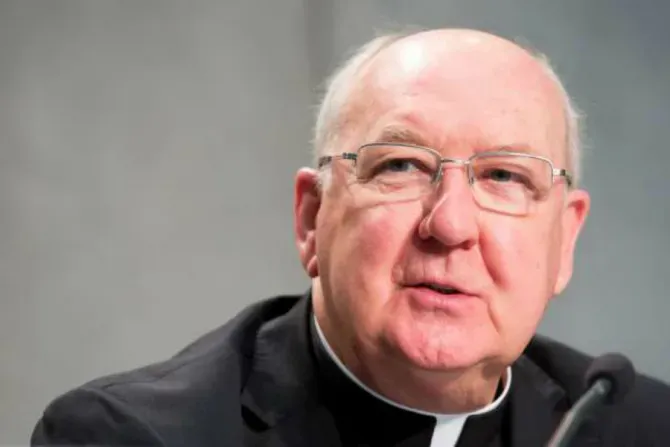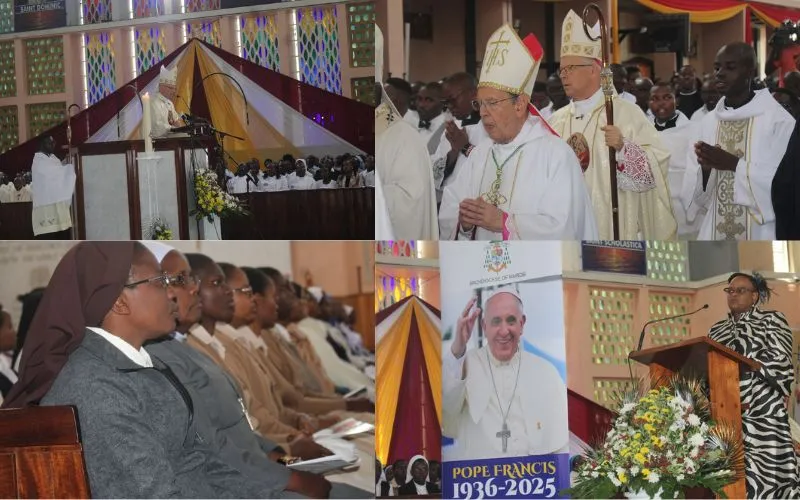The norms, signed by dicastery prefect Cardinal Kevin Farrell, come into force on Sept. 11.
In a note explaining the decree, the dicastery said that “infrequently, for those called to govern, the absence of limits in terms of office favors forms of appropriation of the charism, personalization, centralization, and expressions of self-referentiality which can easily cause serious violations of personal dignity and freedom, and even real abuses.”
“Furthermore, bad government inevitably creates conflicts and tensions which injure communion and weaken missionary dynamism.”
A change of leadership in governing bodies can also be a benefit to lay movements, it added. “It provides an opportunity for creative growth and stimulates investment in training. It reinvigorates faithfulness to the charism, breathes new life and efficacy to the interpretation of the signs of the times, and encourages new and updated paths of missionary action.”
The dicastery said that it would allow for the possibility of dispensing founders from the term limits in recognition of the key role they play in many international associations and “to allow sufficient time to ensure that the charism received by them might be appropriately received in the Church and be faithfully assimilated by members.”
“Pope Francis, in line with his predecessors, suggests understanding the demands that the path of ecclesial maturity makes upon the associations of the faithful in a perspective of missionary conversion,” the explanatory note said.
It noted that Pope Francis has indicated the importance of respecting personal freedom and overcoming self-referentiality, unilateralism, and absolutization.
Quoting Francis’ 2014 address to ecclesial movements, it explained that “indeed, ‘real communion cannot exist in movements or in new communities unless these are integrated within the greater communion of our Holy Mother, the hierarchical Church.’”
In the same speech, Pope Francis underlined the need for ecclesial maturity, urging communities to “not forget, however, that to reach this goal, conversion must be missionary: the strength to overcome temptations and insufficiencies comes from the profound joy of proclaiming the Gospel, which is the foundation of your charisms.”
“This is the interpretative key that allows us to understand the ecclesial meaning of this decree,” the laity dicastery said, “aiming, as it does, to overcome ‘temptations and insufficiencies’ encountered in how government is exercised within associations of the faithful.”








